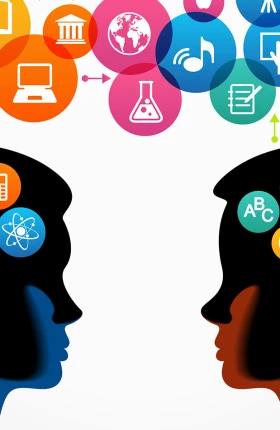
Education
- MBA, with distinction, Harvard Business School
- BA, Oberlin College
Elizabeth Kaufman joined Boston Consulting Group in 1994. Her work focuses on the firm’s Education; Technology, Media & Telecommunications; and People & Organization practices. Beth has played a number of roles at BCG, including global manager for the Organization practice and worldwide knowledge leader.
In technology, Beth has worked with telcos, IT service providers, semiconductor companies, and mobile-payments players on strategic and operational issues, including CEO transition, business model redesign, and large-scale restructuring.
In education, Beth's engagements have ranged from higher education to K-12 and from for-profit to nonprofit groups. Clients have included major US foundations, private-equity companies, universities, and private-sector entities. In a recent client project, she helped measure college learning, assess merger potential for higher-education institutions, and identify 21st century skill gaps in K-12 worldwide—and how to use technology to close those gaps.
In organization, Beth works across industries on digital organization, postmerger integration, large-scale restructuring, HR transformation, and change management.
Before joining BCG, Beth was a systems analyst for ExxonMobil and a consultant for Arthur Andersen and Price Waterhouse.





